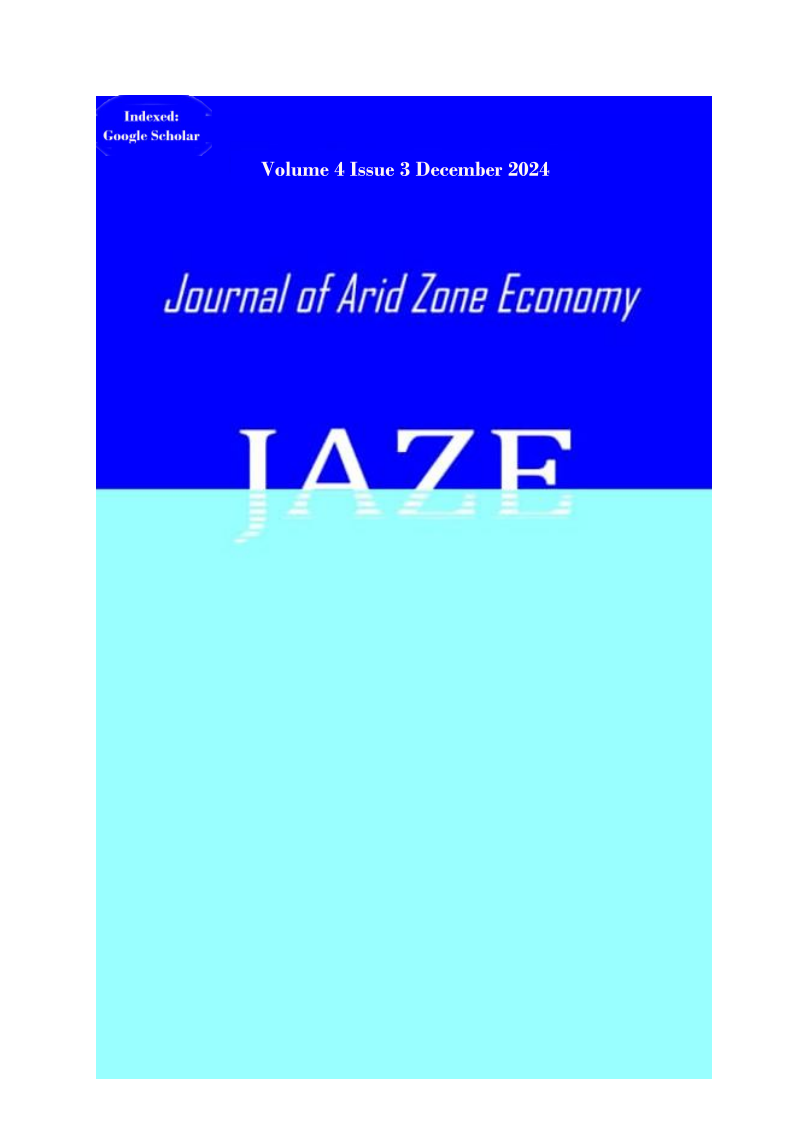Do Sanitary and Phyto-Sanitary Measures Impede Nigeria-ECOWAS Exports?
Keywords:
General equilibrium, Welfare, Disequilibrium, International trade, Microeconomic impact, SPS, TBTAbstract
The primary aim of this paper is to examine the impact of technical
barriers to trade on trade between ECOWAS and Nigeria. Technical
barriers and sanitary and Phytosanitary measures influence trade based
on their type, timing, and the specific sector or product they target. The
effects of non-tariff measures (NTMs) within ECOWAS are varied; they
decrease trade value for some member countries while enhancing it for
others. In Nigeria, sanitary and Phytosanitary measures have contributed
to the growth of light manufacturing during the study period. For
instance, technical barriers tend to have a greater impact on agri-food
industries compared to sanitary measures, which are more frequently
applied to manufactured goods. The paper employs data from multiple
sources to test the PARDL model of trade in the ECOWAS region. The
findings indicate that technical barriers influence trade flows and prices
but do not disrupt trade in the area studied. The results for sanitary and
Phytosanitary measures are mixed, suggesting that careful interpretation
is necessary. The paper concludes that quantitative controls, price
controls, and financial measures related to both sanitary and technical
barriers yield different results depending on the sector, product, timing,
and frequency of the policy. It recommends that sanitary measures be
applied in the manufacturing sector to enhance intra-African light
manufacturing. Additionally, the Nigerian government should implement
non-tariff measures that do not risk disrupting agricultural trade within
the community.

Downloads
Published
Issue
Section
License
Copyright (c) 2024 Journal of Arid Zone Economy

This work is licensed under a Creative Commons Attribution 4.0 International License.

